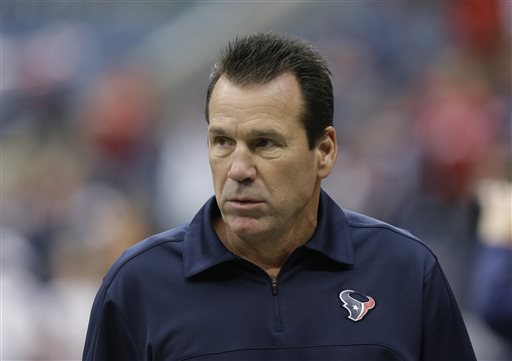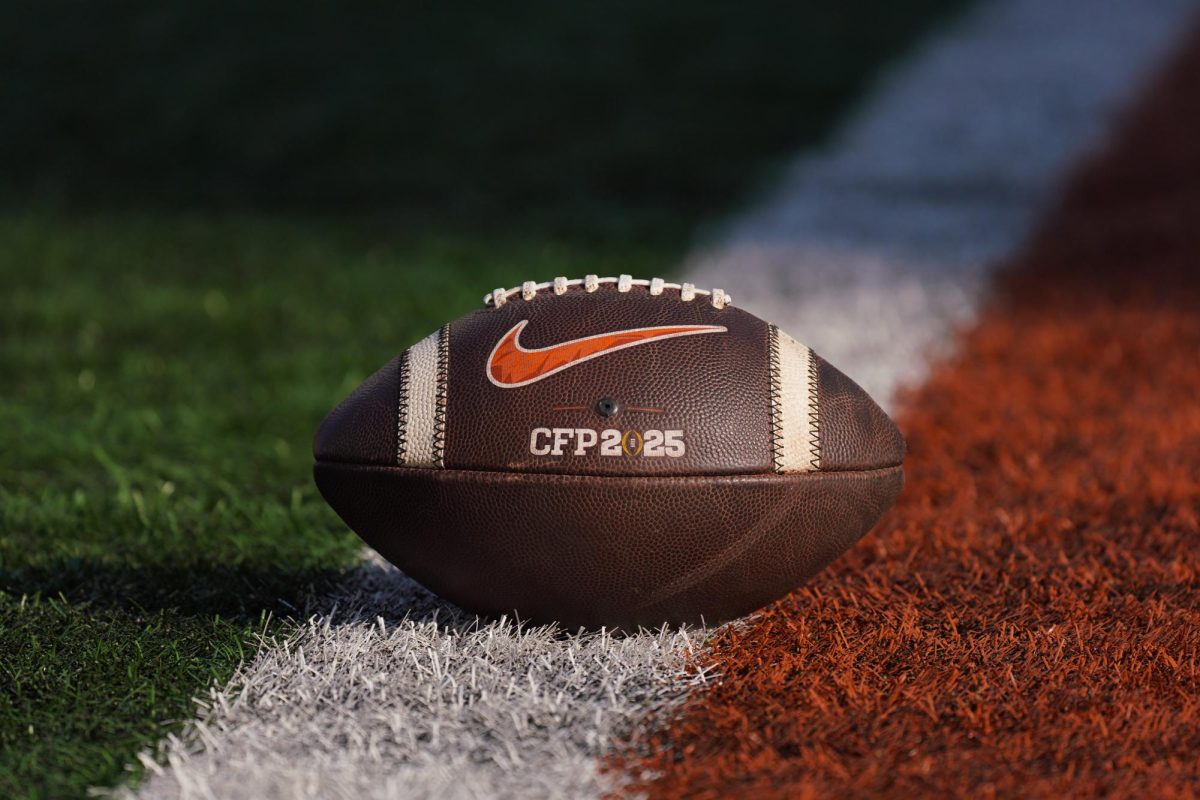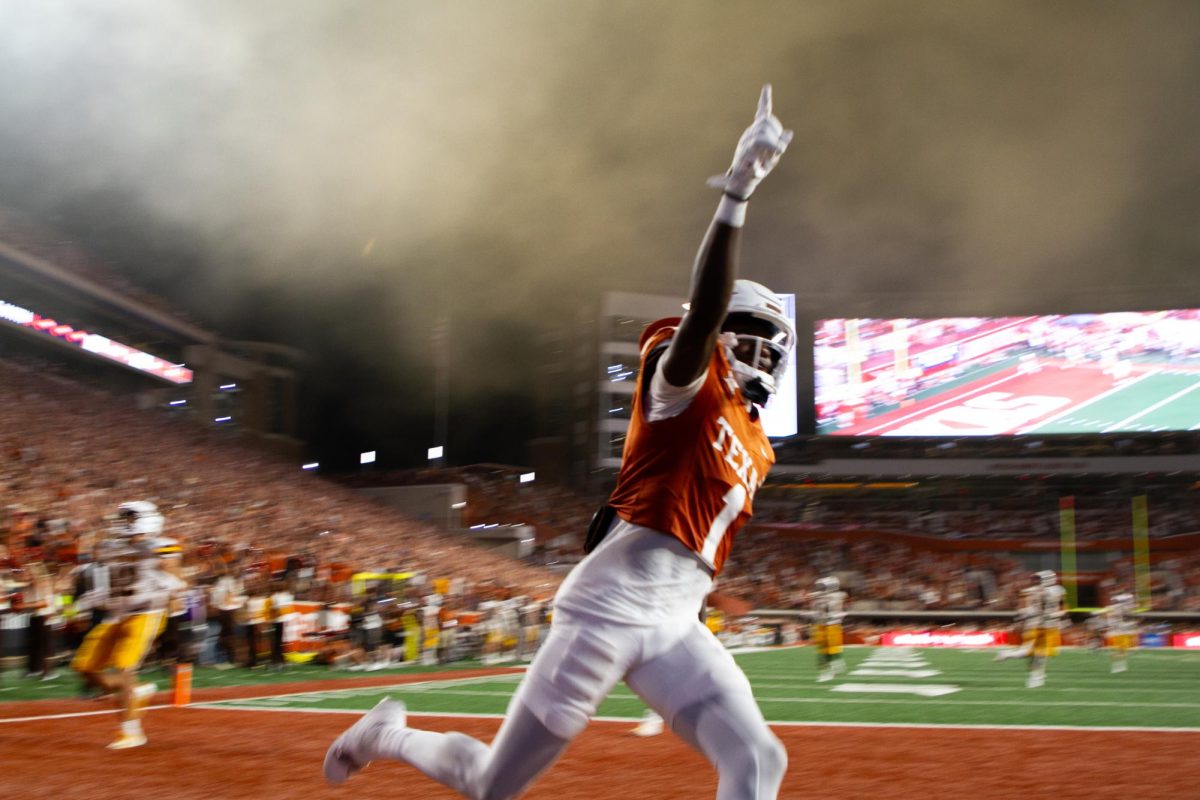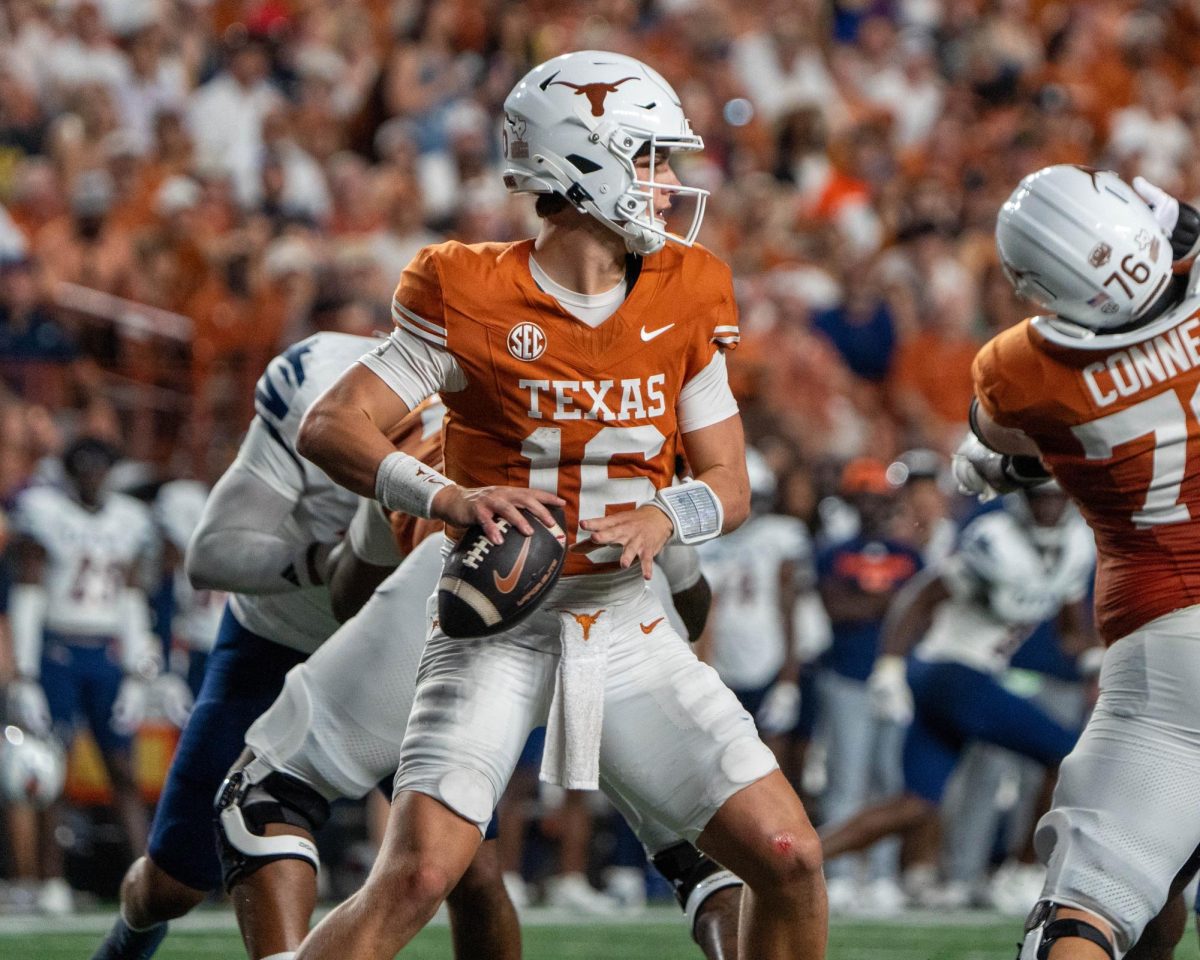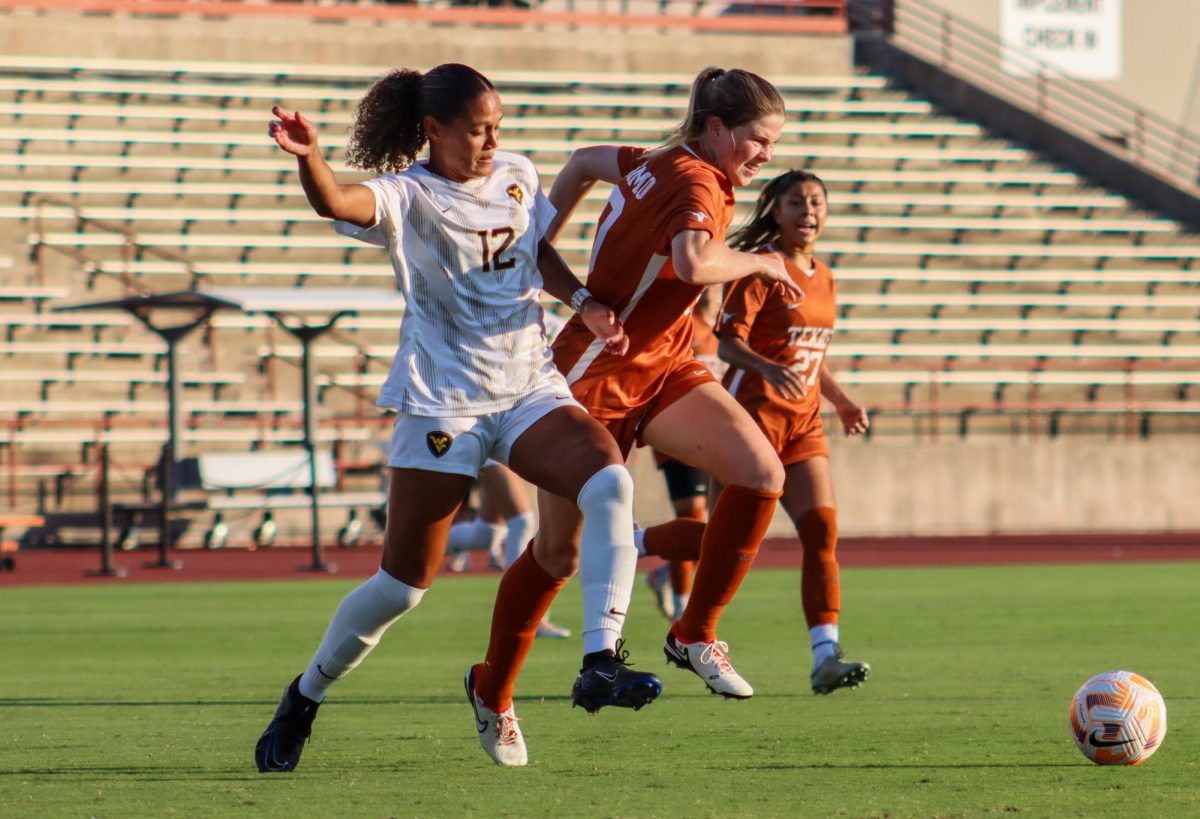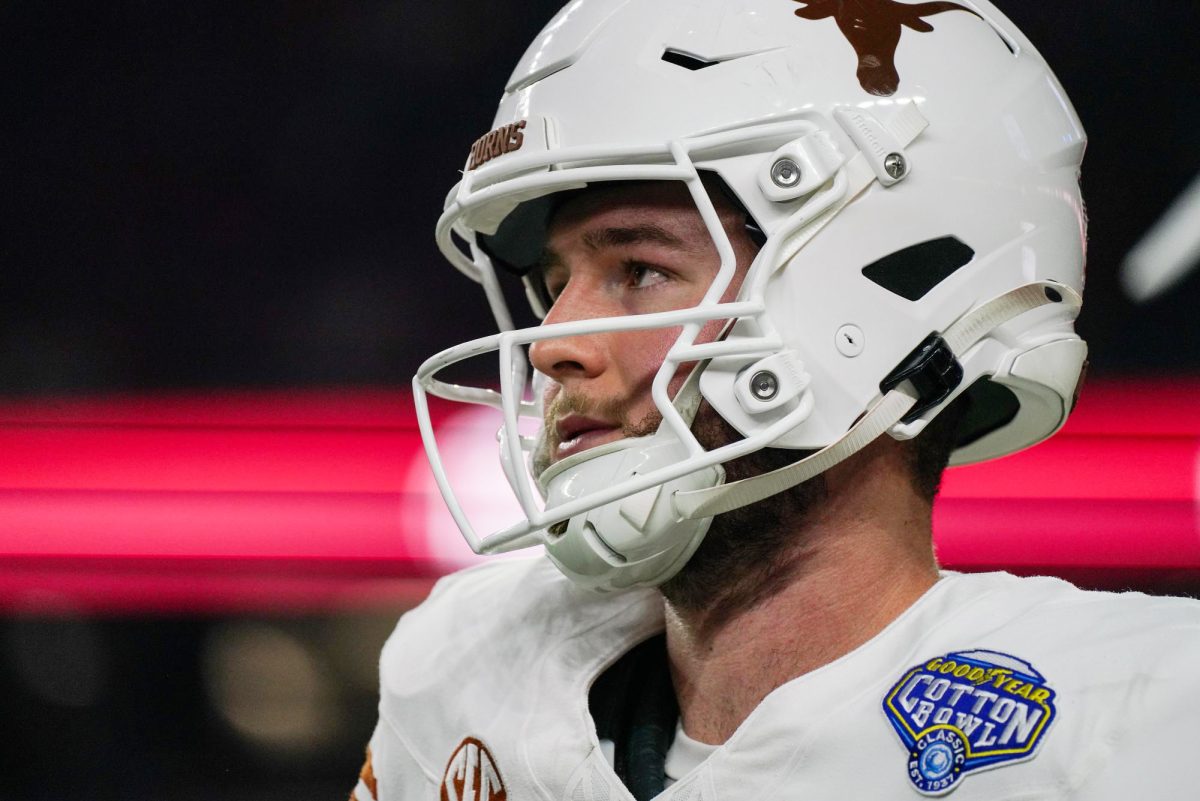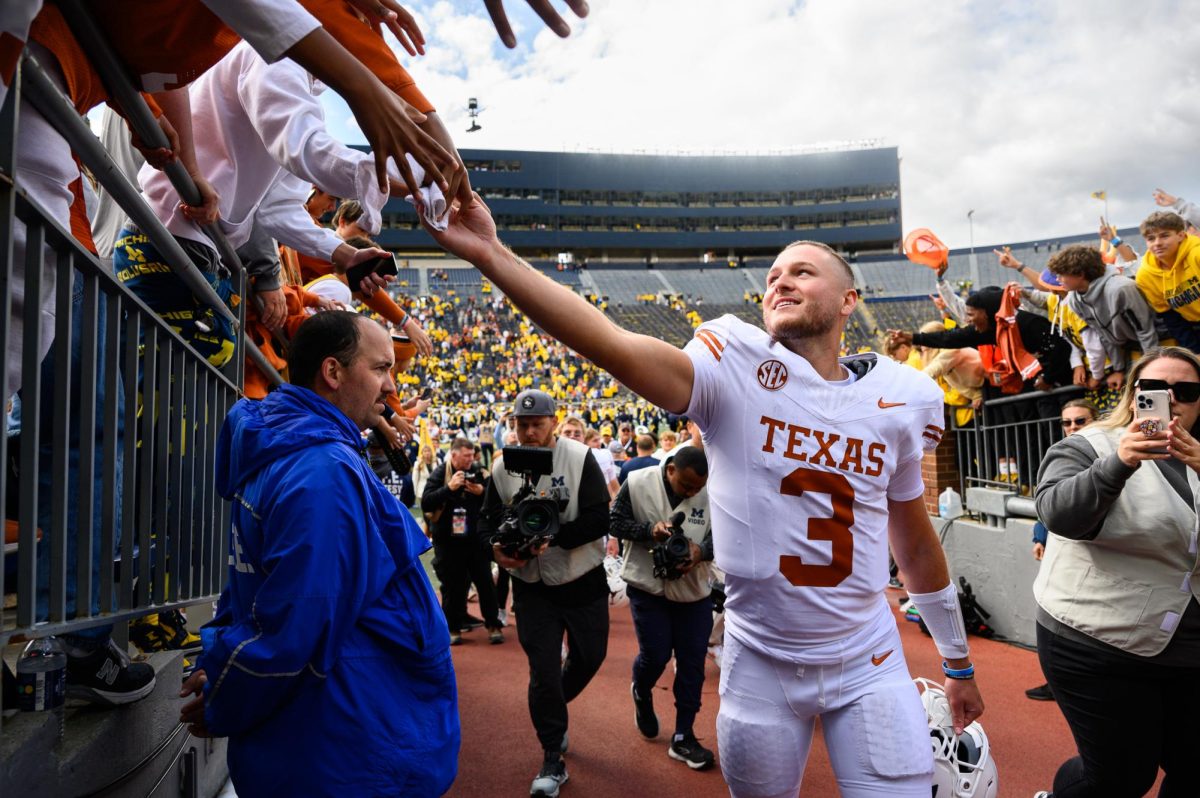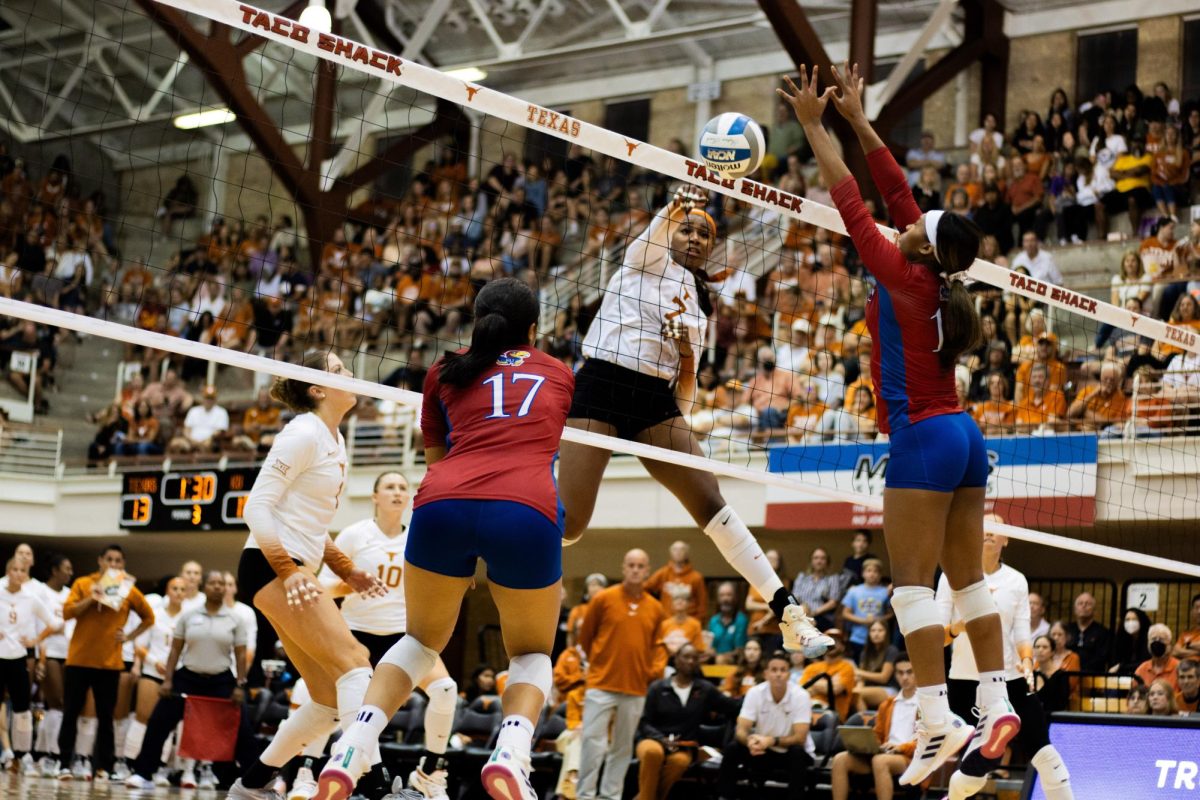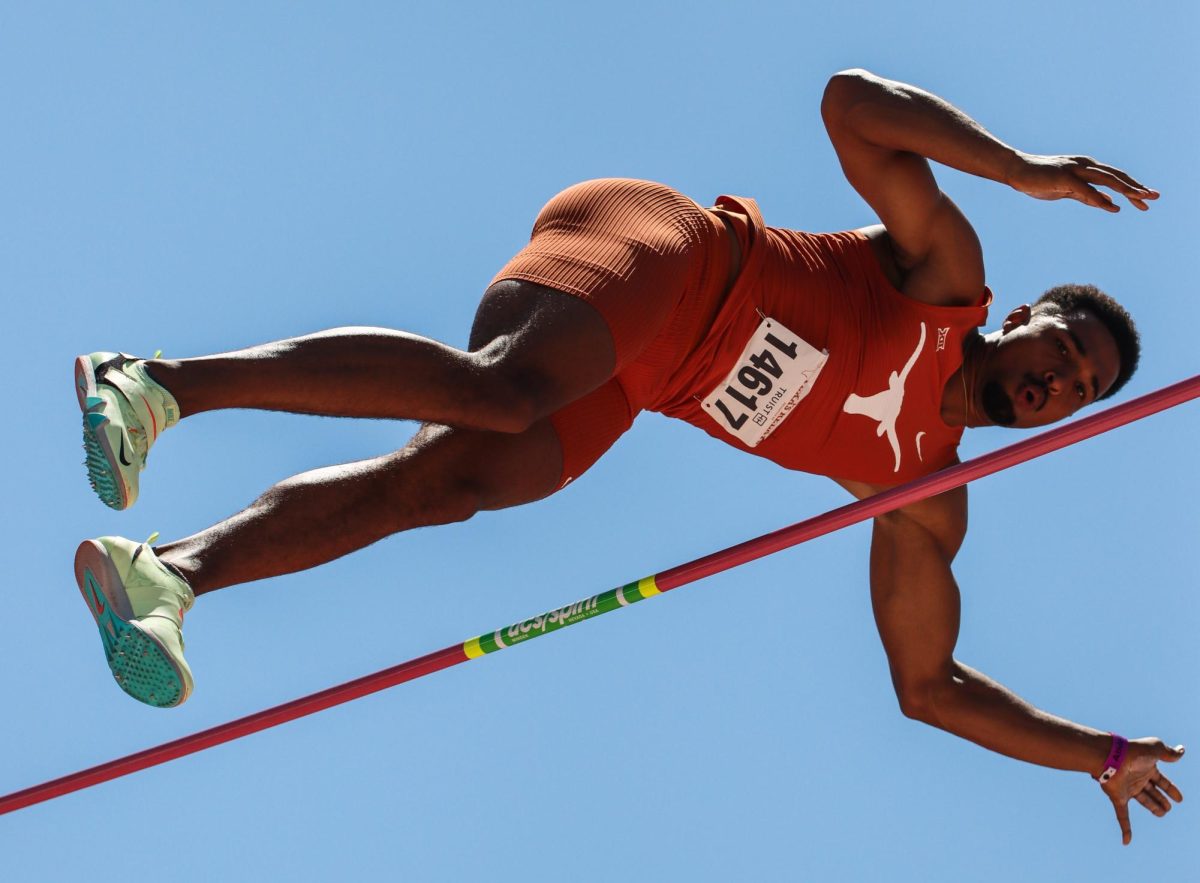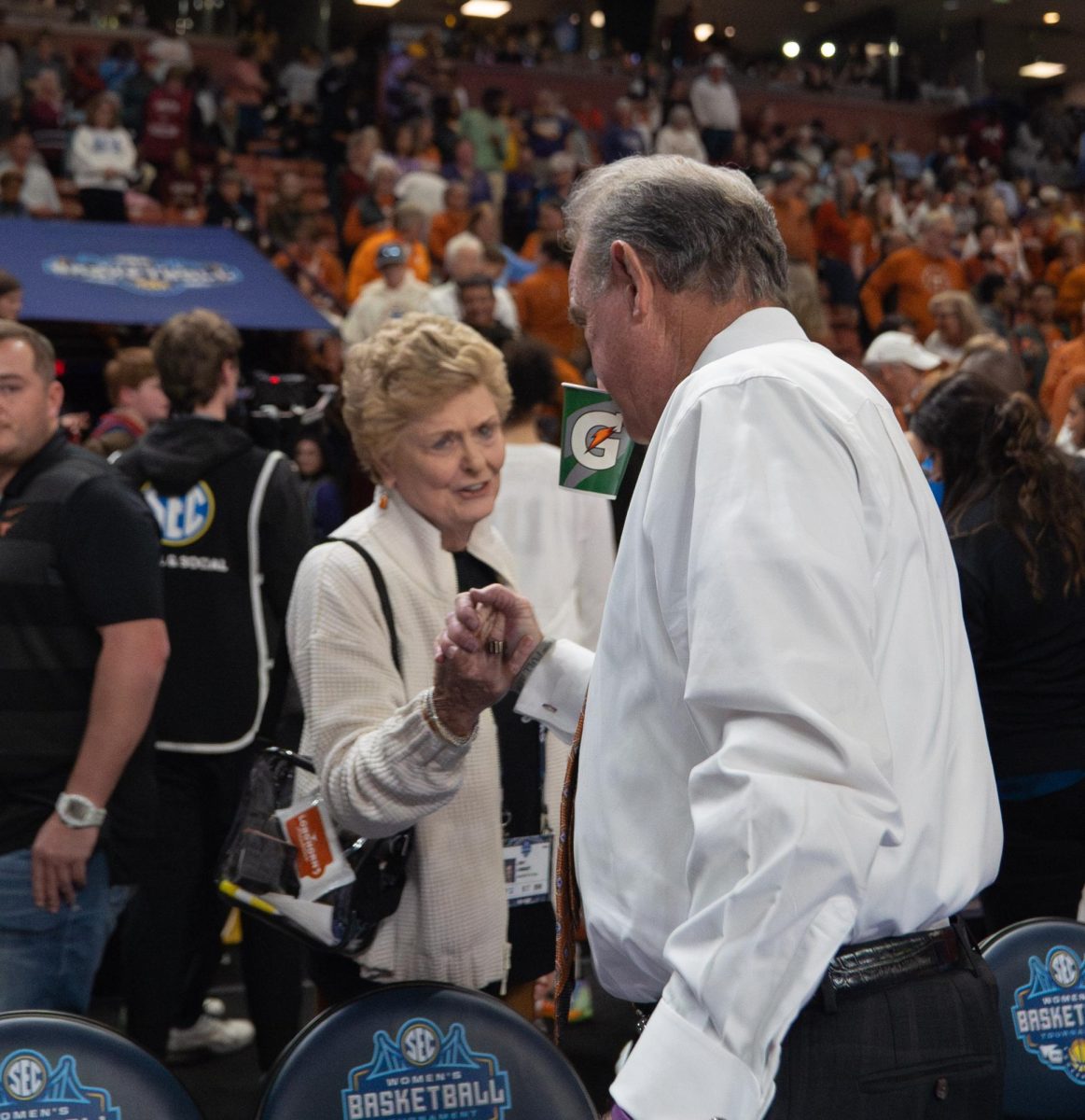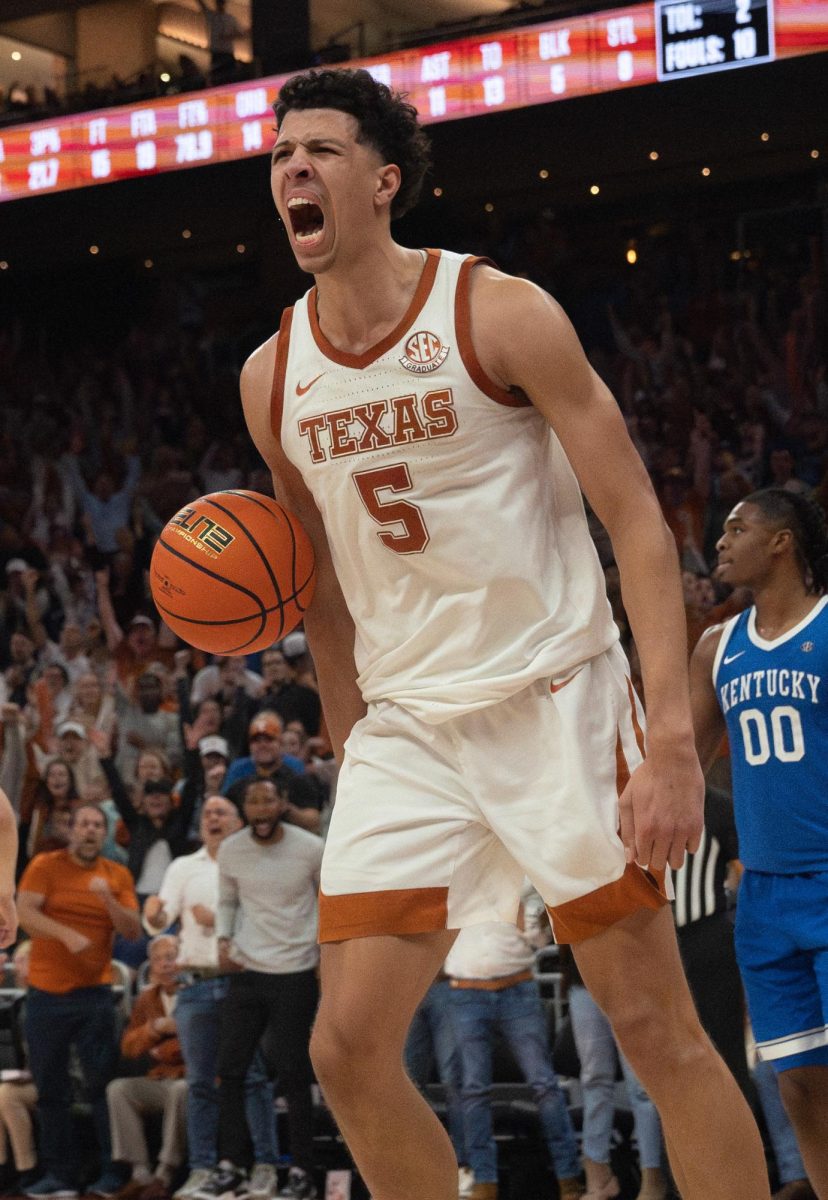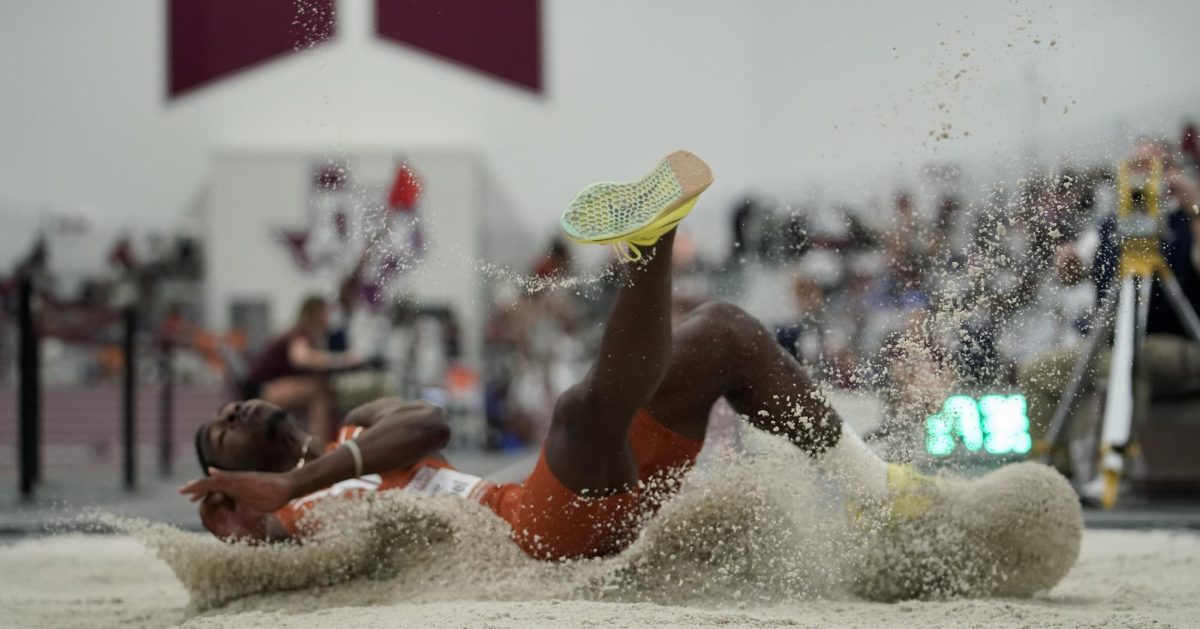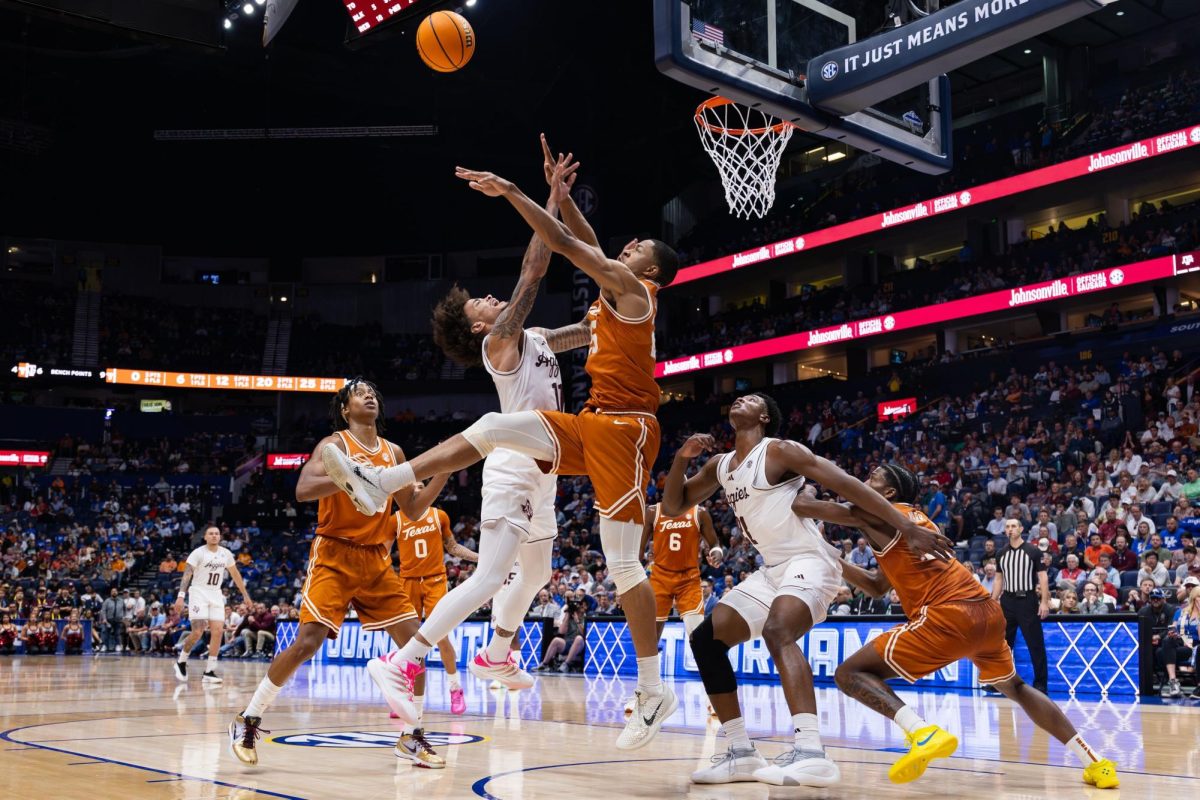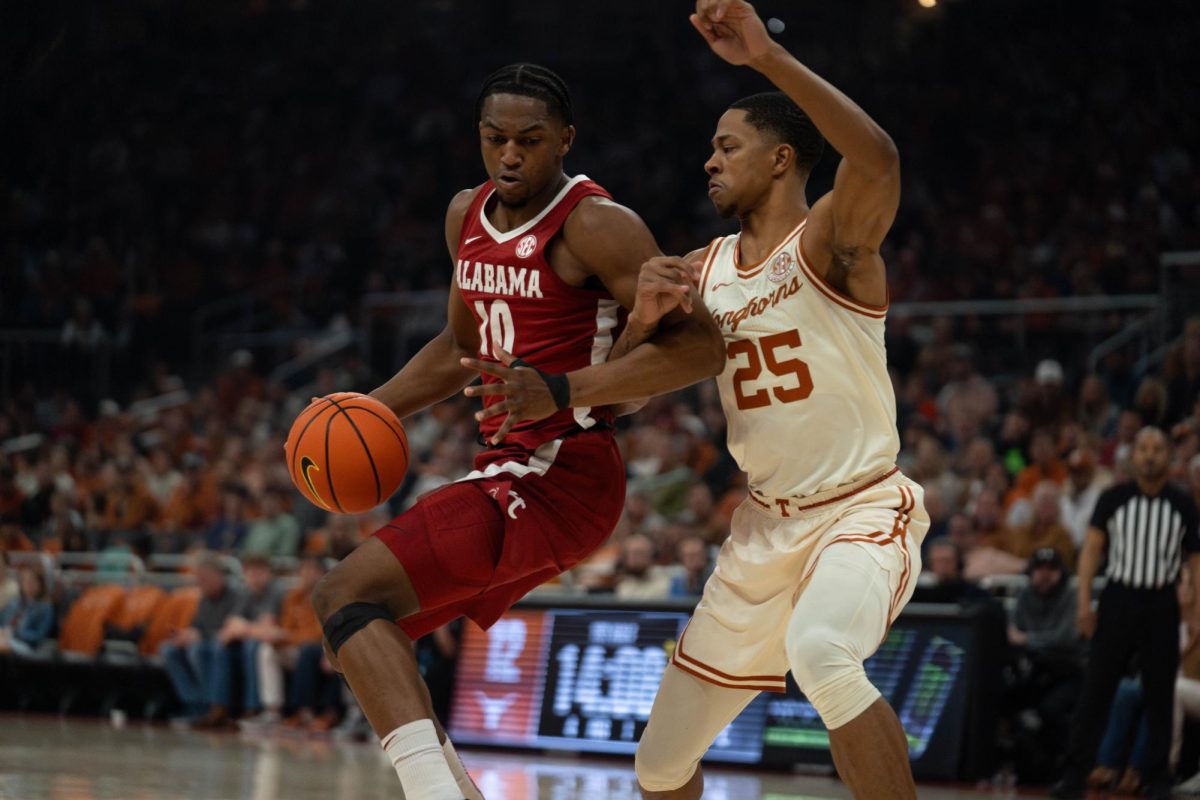The last time the Houston Texans lost four games in a row, Glover Quin was assisting game-winning Hail Marys and Mark Sanchez was a comeback machine.
The year 2010 provided the highest expectations in franchise history, at the time. It was supposed to be the year the Texans broke out from destructive patterns of hardship and heartbreak. It was their year.
But the dreams of success ended faster than a Yellowstone trip in the middle of a government shutdown.
Sounds a lot like 2013.
Both of these mid-season crises have issues that are polar opposites.
In 2010, there was no quarterback controversy. Matt Schaub was the man, as a defending Pro Bowl MVP that gave David Carr amnesia, and a clutch quarterback that hit Andre Johnson for two last-minute touchdowns against Washington and Kansas City.
Three seasons ago, there was no cry for Kubiak’s head. His offense ranked third in the league and aided an even turnover margin.
Former defensive coordinator Frank Bush was the goat. The third-worst defense in the league gave up so many yards through the air that opposing quarterbacks may have been able to transfer their statistics for double the miles on the plane ride home.
Three years later, a once-atrocious defense turned world-beaters overnight under Wade Phillips, currently rank first in the league in total defense.
The offense has a Schaublem in Matt, who threw pick-sixes in four straight games. And not the 2010 kind, after he would lead Houston to an overtime-forcing comeback against Baltimore.
Kubiak’s autograph now sells for $2.25 and his offense has become dangerously predictable, to the point that the pick-six disease has trickled down to backup T.J. Yates.
Defenders are waiting on interceptions like clocks wait for alarms.
Well, what’s the solution?
It’s not the player personnel: Despite the interceptions, Schaub ranks in the top 13 in passing yards and touchdowns. Arian Foster leads a sixth-ranked rushing offense with the second most yards in the league.
It’s not the competition: If facing three Super Bowl contenders was the issue, then Houston would not have been shellacked by a 2-3 St. Louis team that had squeaked by an 0-4 Jacksonville team the week before.
Then what is it?
At the end of the 2010 season, the organization replaced Bush with Wade Philips, drafted J.J. Watt, picked up some other key pieces in the free agency and clinched its first playoff berth the following season.
Here in 2013, the offense has all the key pieces already. It just needs the replacement.
Kubiak has been the play-caller behind an offense that has finished in the top 10 in the NFL four out of the last five years. If the offense does not improve, the team will not improve. The offense is the problem.
This issue falls under Kubiak’s responsibility, and if he cannot fix it quickly, then like Bush, he will have to be replaced in order for Houston to move forward.

